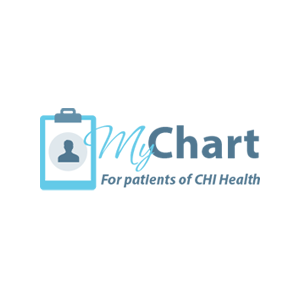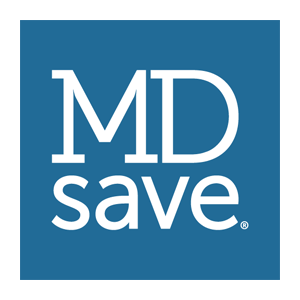Cardiac Rehab
When a person suffers a cardiac event, rehabilitation is key to the improvement of cardiovascular health. Cardiac rehabilitation cannot change a person’s past and the trauma they suffered, but it can certainly improve a person’s heart health in the future. Memorial Community Hospital & Health System in Blair (MCH&HS) is fortunate to offer a cardiac rehabilitation program to its patients who need this type of program.
Cardiac rehab is a medically supervised program designed to improve cardiovascular health after someone has experienced a heart attack, heart failure, angioplasty or heart surgery. Key elements of cardiac rehab are exercise counseling and training, and education for heart-healthy living. Exercise gets your heart pumping and your entire cardiovascular system working. In a cardiac rehab program, you’ll learn how to get your body moving in ways that promote heart health. Education is also crucial, focusing on how to manage risk factors such as how to quit smoking and make heart-healthy nutrition choices.
Cardiac rehab is also a team effort. You don’t need to face heart disease alone. In the cardiac rehab program at MCH&HS, you’ll partner with doctors, nurses, pharmacists – plus family and friends – to take charge of the choices, lifestyle and habits that affect your heart. Plus, you will be able to share stories with others who have similar experiences who are also involved with the program.
To get started in a cardiac rehabilitation program, first ask your doctor if you are eligible. If you are, register for the cardiac rehab program at MCH&HS. You will then consult with your medical team and set goals for your heart health, working together to create a cardiac rehab plan. It is important that you take an active role in your care to achieve your goals and also to continue taking your medications correctly. Education is important as well, along with a commitment to healthy lifestyle changes.
The list of the benefits of cardiac rehabilitation is long. Above all, it can improve the quality of one’s life. Rehab may also contribute to a longer life and lessen trips to the emergency room and help to control chronic symptoms that one may experience. Cardiac rehab may also improve anxiety and depression levels as well as one’s stamina and strength, allowing a person to get back to normal activities. This also aids in the improvement of one’s confidence and well-being. “I am proud of the cardiac rehabilitation program and the team of professionals that are committed to taking care of our patients here at MCH&HS,” said Angie Rosenbaum, Cardiopulmonary Lead at MCH&HS. “Our goal is to get them back on track and to improve their quality of life.”
If you have questions about the cardiac rehab program at MCH&HS, please call (402) 426-1163.






